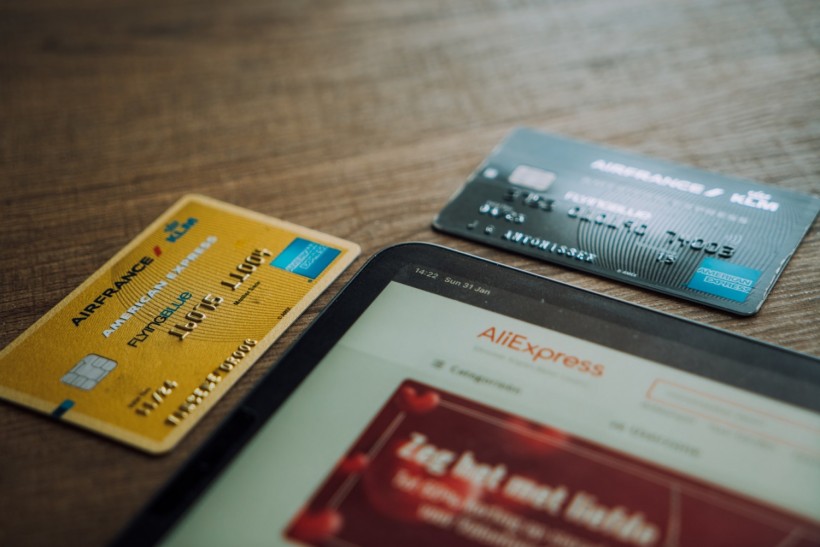
(Photo : CardMapr on Unsplash)
Picking the right kind of bank account is not a decision to take lightly, but so is deciding how many to set up. The types and number of bank accounts you have will determine how easy it is for you to manage your finances on a day-to-day basis.
Funding Your Bank Accounts
Having multiple bank accounts with enough money in each one is a dream for many, but getting there can be tough, especially if you feel like your paycheck isn't enough to cover that month's living expenses. Look for ways of cutting back, whether it means working from home a few days each week to reduce commuting costs, making more of your own food, or reducing subscriptions. If you have student loans, you might be able to refinance them to get a better rate. A student loan refinance is a fast way to help free up extra cash to fund your bank accounts.
Large, Expected Expenses
An emergency fund may cover unexpected expenses, but if you know you will have an upcoming expense, such as needing to add or replace a vehicle, you can start saving for that now. If you know how long you have to save, divide the cost of the expense by the number of months so you can see how much you will need to set aside each month. Spreading the cost out over time will help make things more manageable and there are ways to invest your money so it will grow but still be accessible when you need it.
Unexpected Expenses
Money for unexpected expenses, like a medical bill, car repair, or job loss, should be kept in a place that's easy to access. Keep them in a savings account where you can access them quickly. You may consider splitting these funds between a savings account and a checking account with a debit card linked to it so you don't have to wait for funds to be transferred. Start with a few months of living expenses and then build it up to six to eight months. If your income varies from month to month, such as in the case of freelancing, you may want to up that to nine to 12 months of expenses.
Everyday Living Expenses
Living expenses are usually predictable and include things like food, rent or mortgage, utilities, and transportation costs. Keep the funds for these expenses in a checking account since you will need regular access to the money. Determine how much you spend on average and ensure you have that amount, plus a little extra, in the account every month. If you don't have enough funds, you could overdraw the account and be stuck paying fees for a bounced check.
On the other hand, if you have too much, you won't be putting your money to work for you, since there are plenty of other options that tend to pay a much higher interest rate. You will want to monitor your balance regularly, whether through email alerts or regularly logging in. Doing so will keep you from any unpleasant surprises and allow you to move more funds to the account if needed.
* This is a contributed article and this content does not necessarily represent the views of hngn.com








